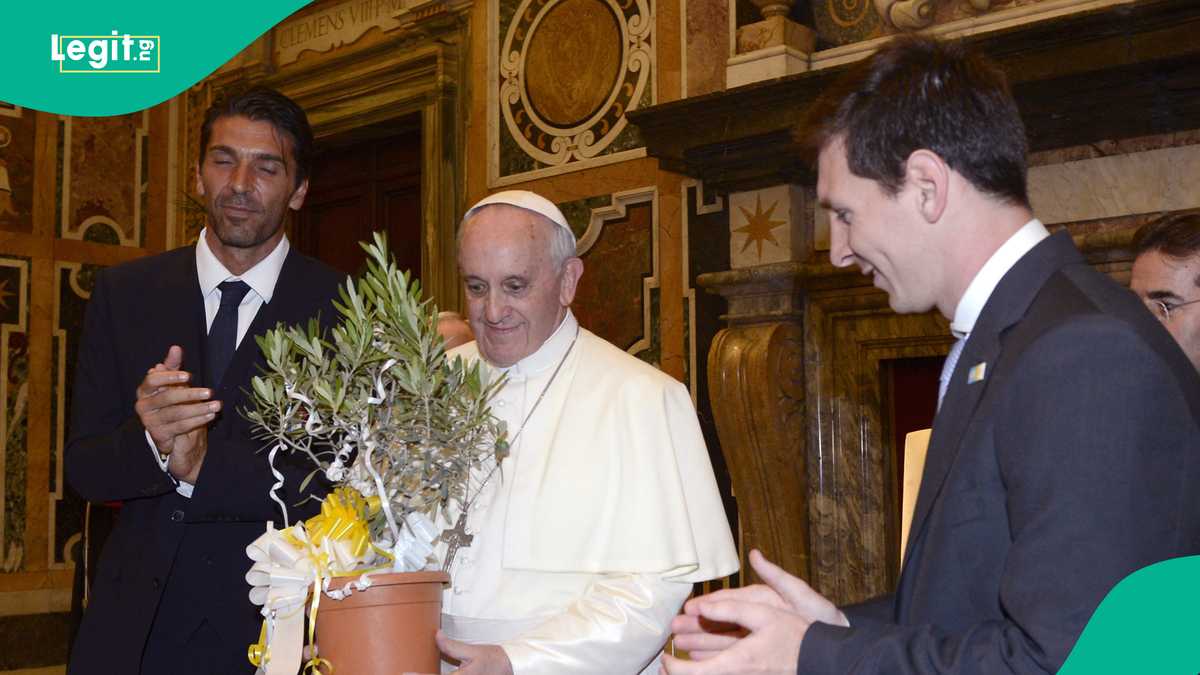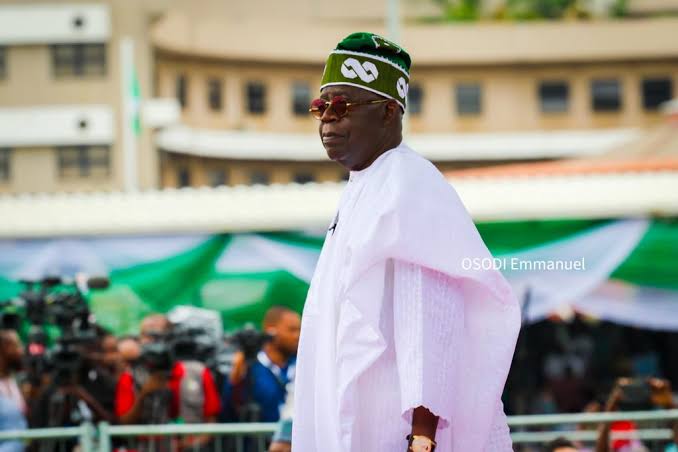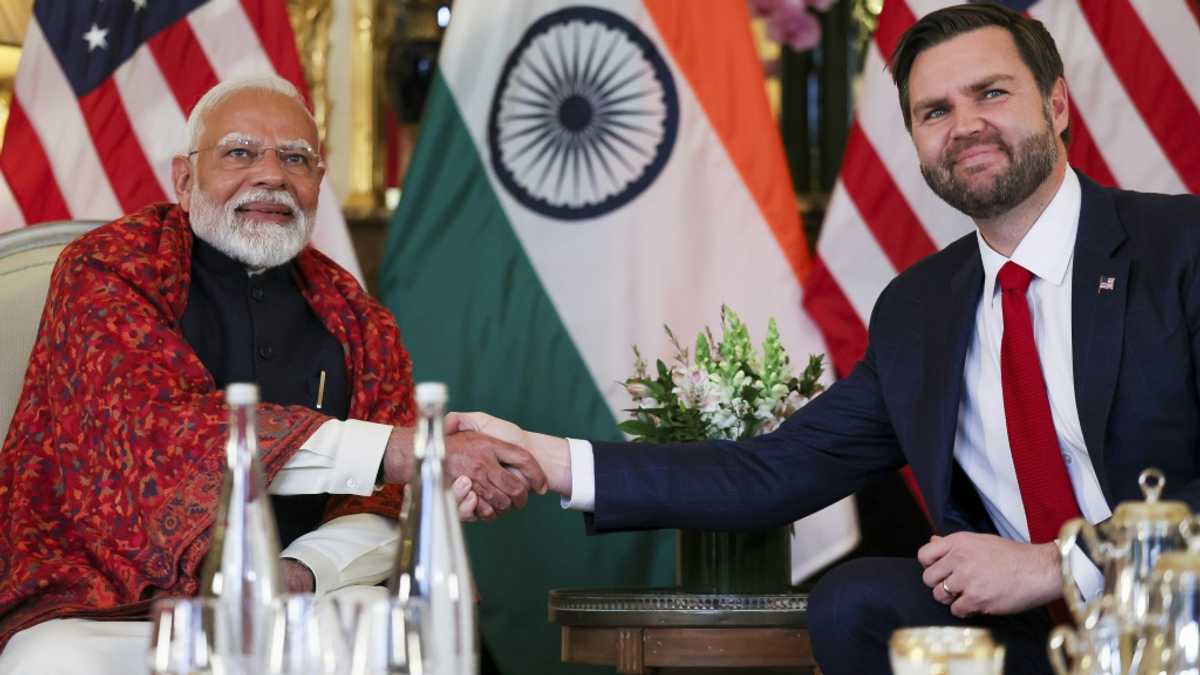Mitsubishi Weighs Renault Partnership Amid Honda-Nissan Merger
Mitsubishi, a key player in the automotive world, is grappling with a significant decision: whether to join the Honda-Nissan merger or maintain its independence. The Japanese automaker, despite current collaborations with Honda and Nissan on electric vehicles, is hesitant, fearing it might be overshadowed in a union dominated by two industry giants.
The numbers tell a story. In 2023, Honda rolled out 4.2 million vehicles, while Nissan produced 3.5 million. Mitsubishi, in comparison, managed just over a million units, placing it in a considerably smaller league. Moreover, many of Mitsubishi’s vehicles, like the ASX and the recently launched Colt, are built on Renault’s platforms and technology, a partnership that has worked well for both parties.
Mitsubishi’s caution is understandable. An alliance with Honda and Nissan might not guarantee the same level of technological support or preserve its influence. Instead, Mitsubishi is considering bolstering its partnership with Renault, a move that could strengthen its competitiveness in Europe and Southeast Asia.
Mitsubishi has neither confirmed nor denied its involvement in the Honda-Nissan merger, stating that it’s still evaluating its options. If it decides against joining the merger, Mitsubishi could continue its existing collaborations, particularly with Renault, and focus on its niche markets.
As the automotive industry braces for further consolidation, Mitsubishi’s choice will be closely watched. Its decision, expected by the end of January, could reshape the global automotive landscape and offer insights into the future of alliances and partnerships in the sector.
understanding teh strategic implications of automotive alliances, like the potential merger between Honda and Nissan, is vital for navigating the future of the industry and recognizing the landscape shift it might bring. This could help you make informed decisions as a consumer or industry professional.
The proposed merger aims to consolidate the resources and expertise of honda and Nissan to better compete in the evolving automotive market, particularly in the realm of electric vehicles.
While Mitsubishi has collaborated with Honda and Nissan on EVs, it is currently hesitant due to concerns about being overshadowed by the larger companies and preserving its independence.
*
Instead of joining the Honda-Nissan merger, Mitsubishi is exploring strengthening its partnership with Renault, particularly in Europe and Southeast Asia.
We want to hear from you! Share your experiences or feedback about automotive alliances in the comments, and let us know how this article helped you. Don’t forget to share this article with others who might find it helpful!
Ultimately, Mitsubishi’s decision boils down to a delicate balancing act. Maintaining independence allows them to preserve their brand identity and continue fostering their unique strengths. However, the allure of joining forces with Honda and Nissan, combining resources and economies of scale in a rapidly evolving industry, is undeniable.
The automotive landscape is shifting quickly, and Mitsubishi must carefully evaluate the risks and rewards of each path. Their choice will not only impact their own future but also shape the dynamics of the global auto market for years to come.










